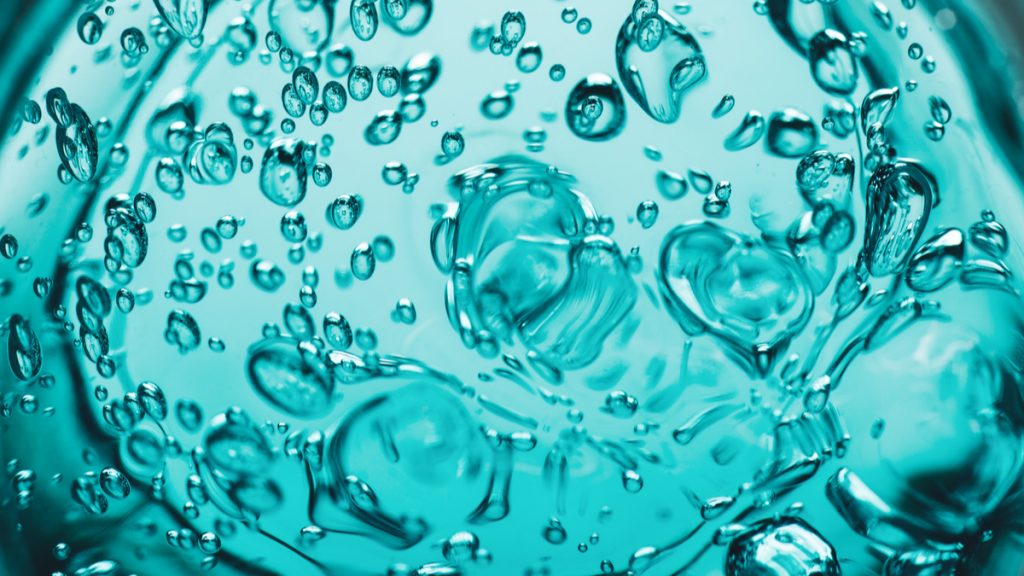The extraction of peanut and sunflower oil generates a by-product known as oilseed meal. Recent work has shown that the proteins it contains can be used to effectively filter heavy metals from water.
Hybrid filtration membranes
In the context of works published in the Chemical Engineering Journalresearchers from theuniversity of singapore and of theETH Zürich twisted the proteins extracted from groundnut and sunflower meal to form nanoscale strings. Known as ” amyloid fibrils “, these structures were then associated with activated carbon in order to form hybrid filtration membranes.
When these were used to filter water contaminated with lead, platinum and chromium, the team found that they removed up to 99.89% of these heavy metals, thus allowing the water to meet international drinking water standards. This effect was mainly due to the fibrils’ ability to act as “molecular sieves”, attracting and trapping heavy metal ions.
According to the researchers’ calculations, 16 kg of sunflower protein would be enough to filter the equivalent of an Olympic swimming pool with a lead concentration of 400 parts per billion. Importantly, the amyloid fibrils (which can cause tissue damage and organ failure when they form and accumulate in the body) remain in the membrane when it is used, instead of being released into filtered water.

When the membranes are saturated with heavy metals, it is possible to wring them out and burn them. Since such an operation only destroys the fibrils, the most precious metals (such as platinum) can then be recovered and recycled.
An advantageous alternative
The authors of the study believe that these membranes would constitute an advantageous alternative to current technologies such as reverse osmosis, which is more expensive and also requires a source of electricity. As a bonus, these would make it possible to exploit a greater quantity of cake, used for animal feed but most often thrown away.
” Our protein-based membranes are created through a green and sustainable process and require little or no electricity to operate, making it possible to consider their use on a very large scale, especially in less developed countries. “, highlighted Ali Miserezlead author of the study.
A few weeks ago, researchers from theSwiss Federal Institute for Planning unveiled a slow sand filtration system, eliminating 99.9% of nanoplastics from drinking water.
[related_posts_by_tax taxonomies=”post_tag”]
The post This inexpensive filter made from vegetable waste effectively removes heavy metals from water appeared first on Gamingsym.

